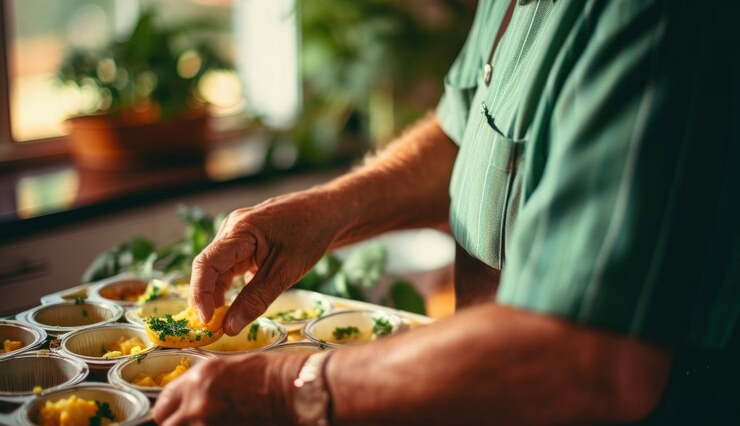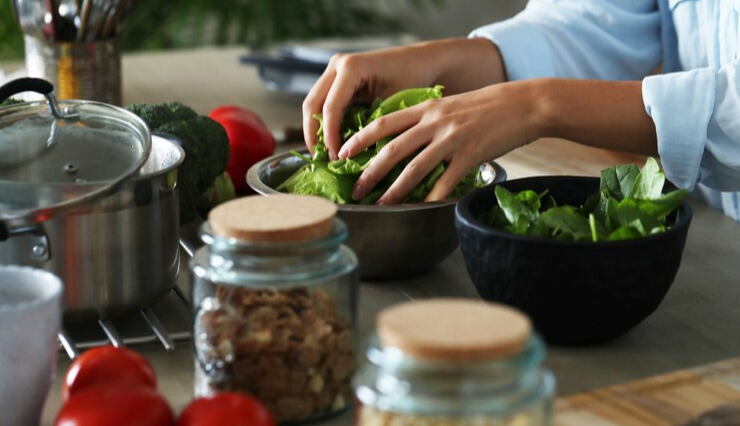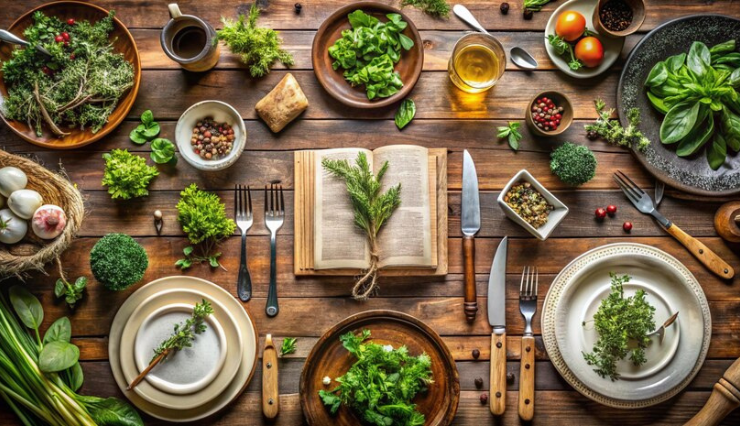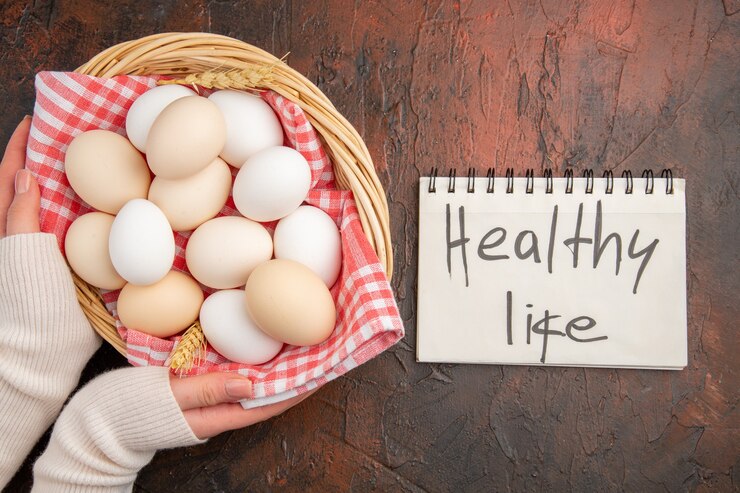Conventional cooking methods frequently have a notable negative impact on the environment, causing resource exhaustion and pollution. Nevertheless, an increasing trend towards sustainable cooking is spearheading the push for environmentally-friendly kitchens. Innovators in eco-friendly cooking are showcasing how to make tasty dishes while reducing harm to the environment. This blog delves into the significance of sustainable cooking, showcases innovative chefs and eateries, and provides useful advice for establishing environmentally-conscious kitchens.
The Importance of Sustainable Cooking
Environmental Impact: Practicing sustainable cooking is essential for decreasing carbon footprints and preserving natural resources. We can greatly reduce the environmental impact of our cooking habits by using energy-efficient appliances, cutting down on food waste, and opting for sustainable ingredients.
Health Benefits: Encouraging the consumption of fresh, whole foods and limiting processed ingredients promotes healthier eating habits in sustainable cooking. This method helps not just the environment but also enhances nutrition and overall health.
Global Movement: The global shift towards sustainable cooking is becoming more popular, as a growing number of individuals acknowledge the significance of environmentally friendly methods for upcoming generations. By embracing eco-friendly cooking techniques, we can contribute to this beneficial shift.
Pioneers in Sustainable Cooking

Influential Chefs: Top chefs such as Dan Barber and Alice Waters lead the way in sustainable cooking. Dan Barber, the chef who heads Blue Hill at Stone Barns, has a reputation for his farm-to-table philosophy and dedication to utilizing all parts of an ingredient. Alice Waters, the creator of Chez Panisse, has always supported organic farming and sustainable food systems.
Innovative Restaurants: Noma in Copenhagen and Silo in London are setting the standard for sustainable practices in the restaurant industry. Noma, under the leadership of Chef René Redzepi, emphasizes gathering from nature and using local ingredients, while Silo, created by Douglas McMaster, functions as a restaurant committed to eliminating waste, making use of every part of each ingredient.
Community Leaders: Community leaders and local organizations are also advocating for sustainable cooking within the community. Efforts such as The Sustainable Food Trust and The Good Food Institute aim to inform the public and promote sustainable food systems, aiding in the dissemination of sustainable cooking practices.

Sustainable Cooking Techniques
Plant – based cooking: Including additional plant-based meals in meal plans can greatly diminish the environmental footprint of meal preparation. Plant-based ingredients usually use less resources compared to animal products and help reduce carbon footprint.
Zero – waste cooking: Zero-waste cooking methods aim to reduce food waste by utilizing all parts of an ingredient. This may involve innovative ways to utilize vegetable scraps, transform leftovers, and compost excess waste.
Local Sourcing: Using local ingredients decreases transportation distances for food and boosts local economies. We can reduce our environmental footprint by buying fresh, seasonal ingredients from local farmers’ markets or participating in a community-supported agriculture (CSA) program.
Eco-friendly Kitchen Practices
Energy – Efficient Appliances: Purchasing energy-efficient appliances can lead to a significant decrease in energy usage within the kitchen. Search for appliances that have been given an ENERGY STAR rating, as they are made to consume less energy while still performing well.
Sustainable Materials: Another crucial element of sustainable cooking is the incorporation of sustainable materials into kitchen design and tools. Bamboo chopping boards, upcycled countertops, and environmentally-friendly cookware are all great options for designing a sustainable kitchen.
Water Conservation: Conserving water is essential for sustainable food preparation. Small actions such as installing water-saving faucets, minimizing water usage in the kitchen, and repurposing water for gardening can have a significant impact.
Technology in Sustainable Cooking
Smart Kitchen Gadgets: Technology is essential in promoting sustainable cooking practices. Intelligent kitchen devices, like efficient induction cooktops and refrigerators that monitor food stock, enhance resource management and minimize waste.
Apps and Platforms: Many applications and online platforms encourage environmentally-friendly cooking through offering recipes, guidance for meal planning, and advice on minimizing food waste. Apps such as OLIO and Too Good To Go link users with excess food from nearby establishments to avoid wastage.
Future Innovations: Future advancements in technology show potential in aiding environmentally friendly kitchens. AI-powered cooking helpers and sophisticated waste disposal systems are some of the innovations that could further transform eco-friendly cooking.

Challenges and Solutions in Sustainable Cooking
Common Obstacles: Introducing sustainable cooking methods may come with obstacles like increased expenses and restricted availability of specific ingredients. Nevertheless, with creativity and resourcefulness, these challenges can be successfully resolved.
Innovative Solutions: Community-supported agriculture programs, urban gardening initiatives, and bulk buying cooperatives offer creative ways to make sustainable cooking easier and cheaper.
Role of Education: Key to encouraging sustainable cooking is education and awareness Schools, community groups, and cooking programs are essential in educating about sustainably practices and promoting a transition to environmentally conscious kitchens.

Conclusion
Engaging in sustainable cooking is crucial for minimizing environmental harm, improving wellness, and backing local economies. We can all help create a more sustainable future by using sustainable cooking methods, implementing eco-friendly kitchen practices, and staying up-to-date on the newest innovations. Let’s get on board with the trend of sustainable cooking and back the pioneers driving the shift towards environmentally friendly kitchens.
Feel free to contact us to find out more about us and our services, explore who we are, or discuss advertising opportunities. Don’t overlook subscribing to our magazine for monthly updates, exclusive insights, and more exciting content!




